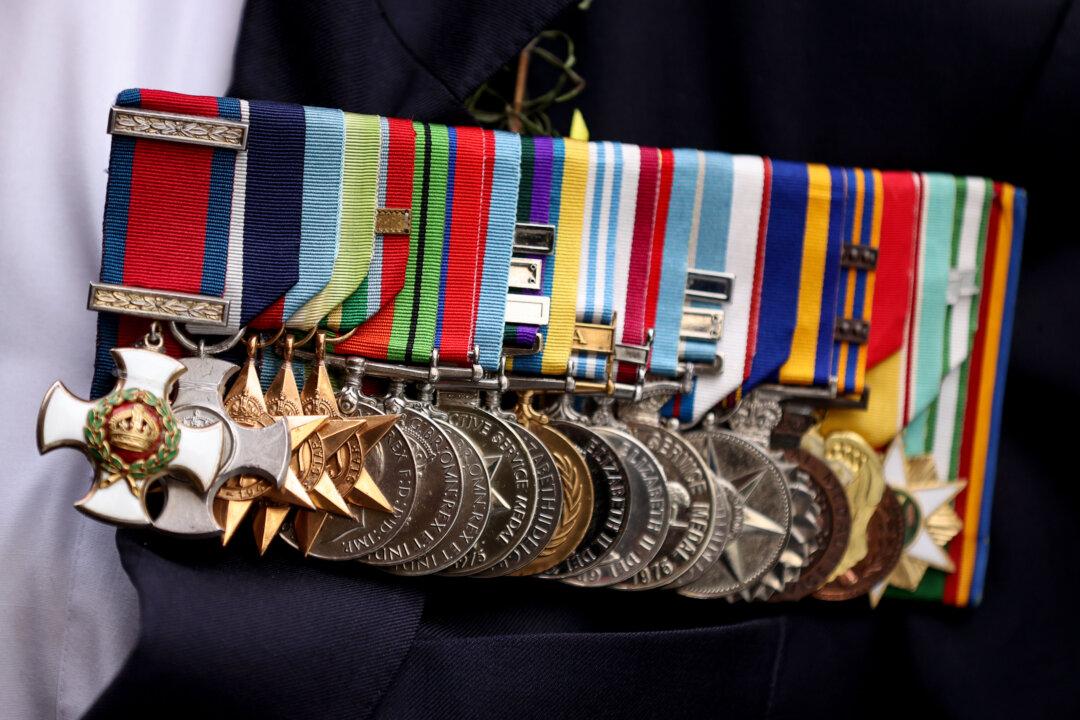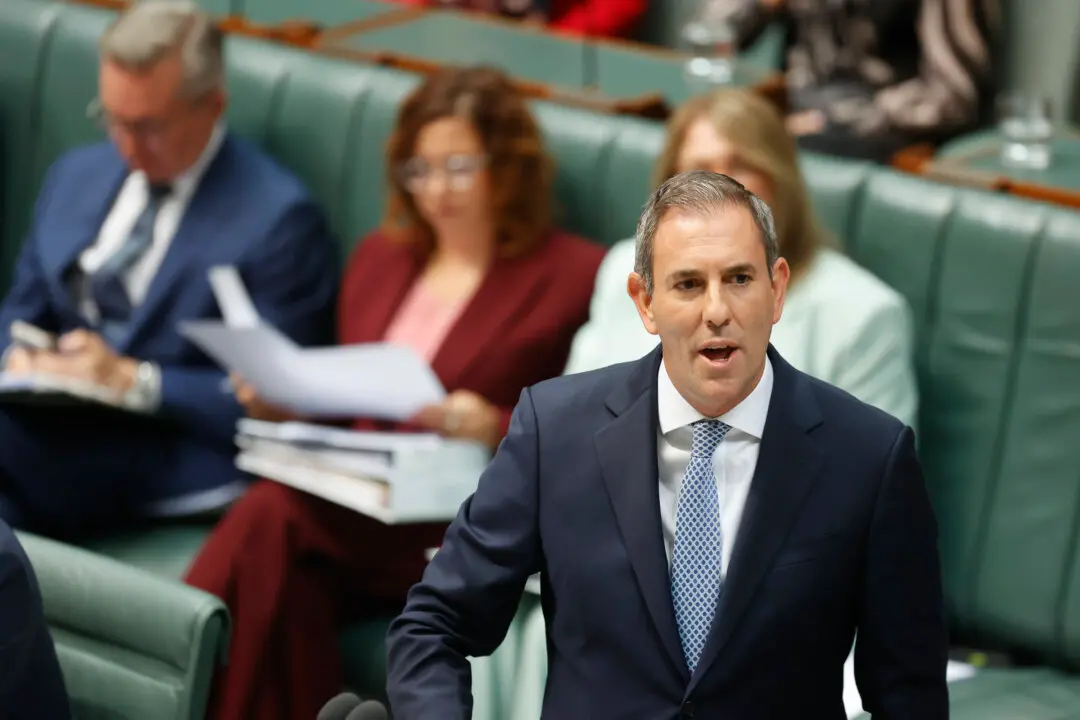The federal government is set to introduce mandatory expulsions for military personnel convicted of sexual offences, following key recommendations from the Royal Commission into Defence and Veteran Suicide.
The reform is one of the 122 recommendations made by the Commission in September this year.





